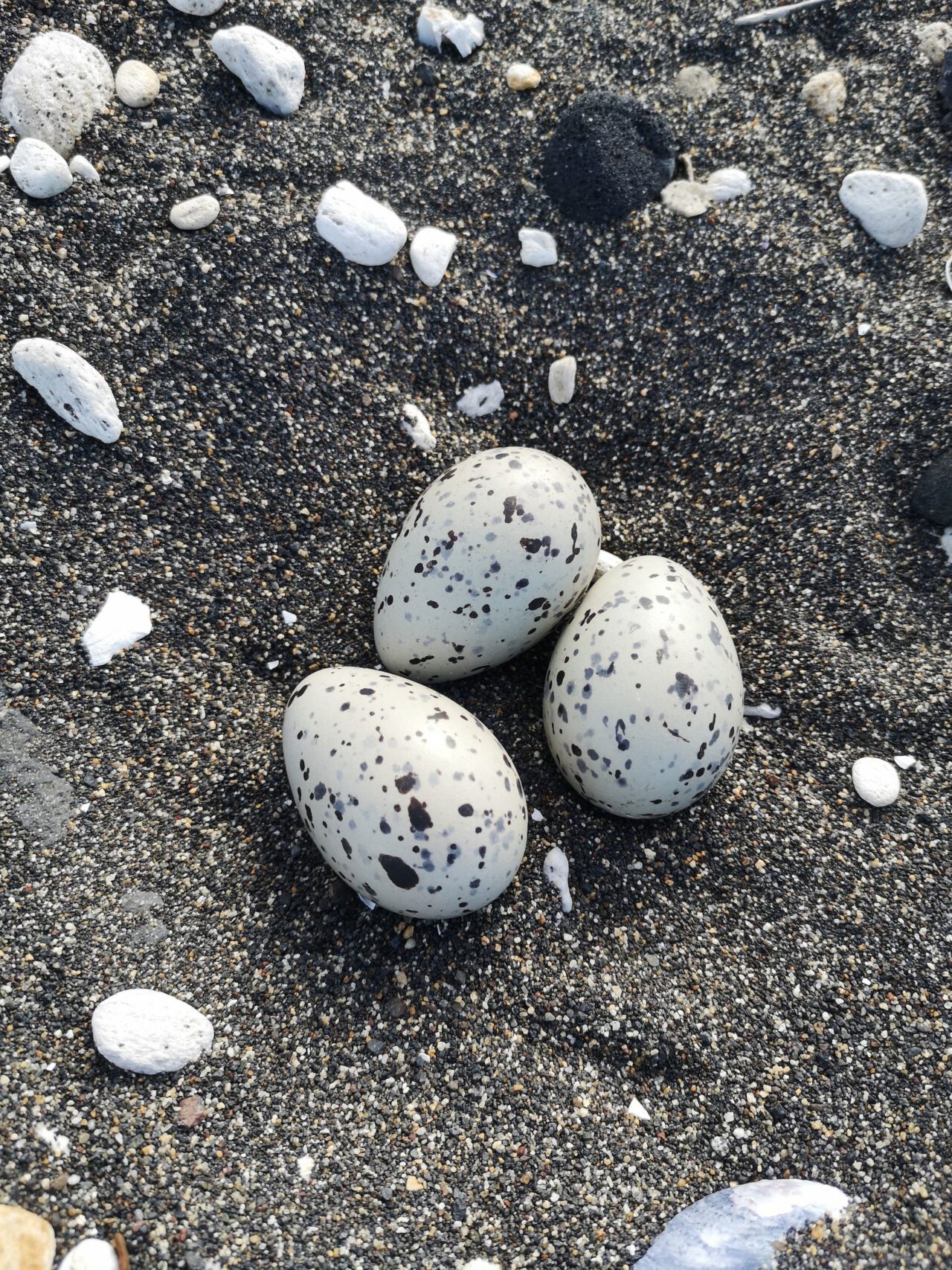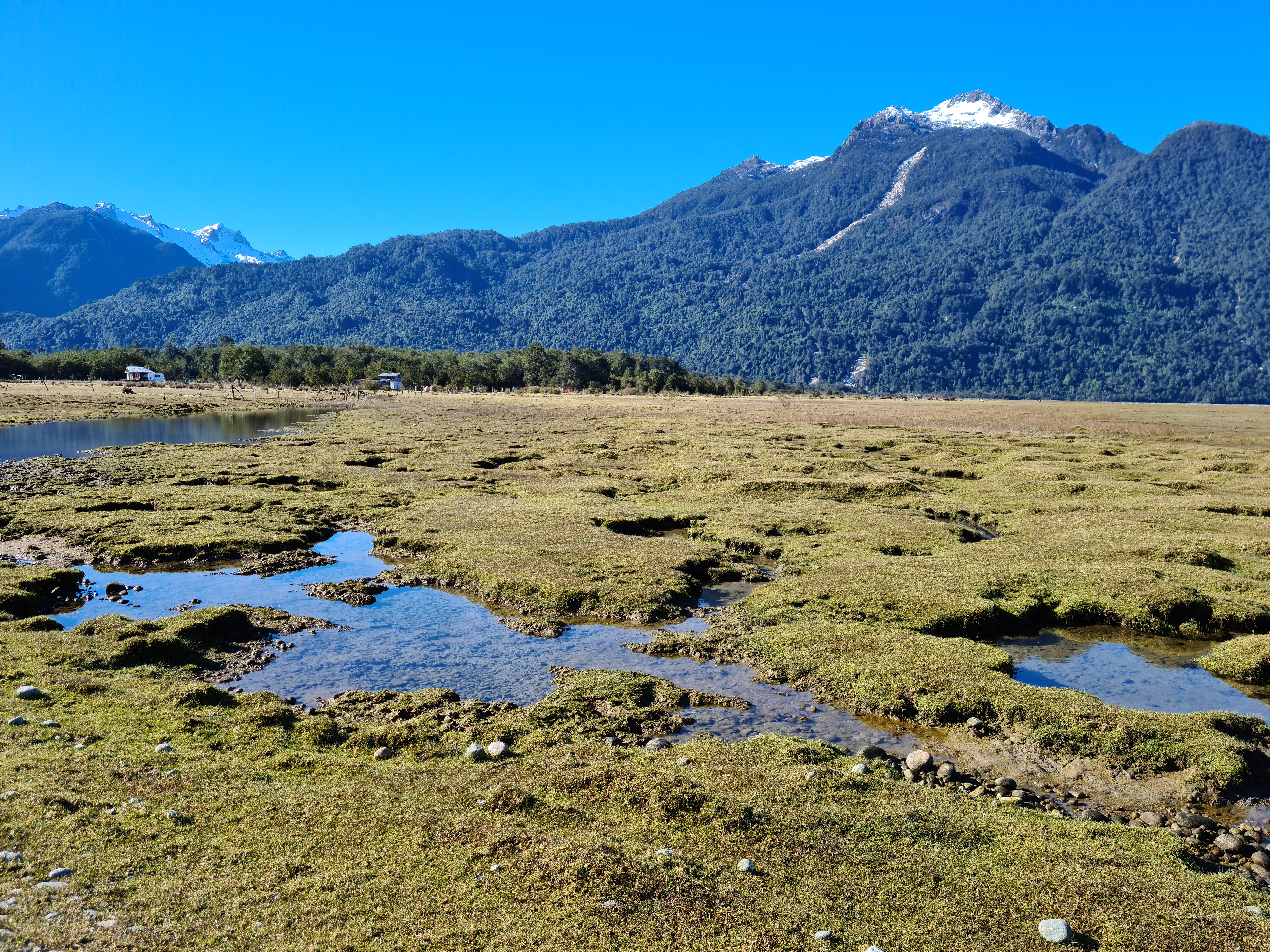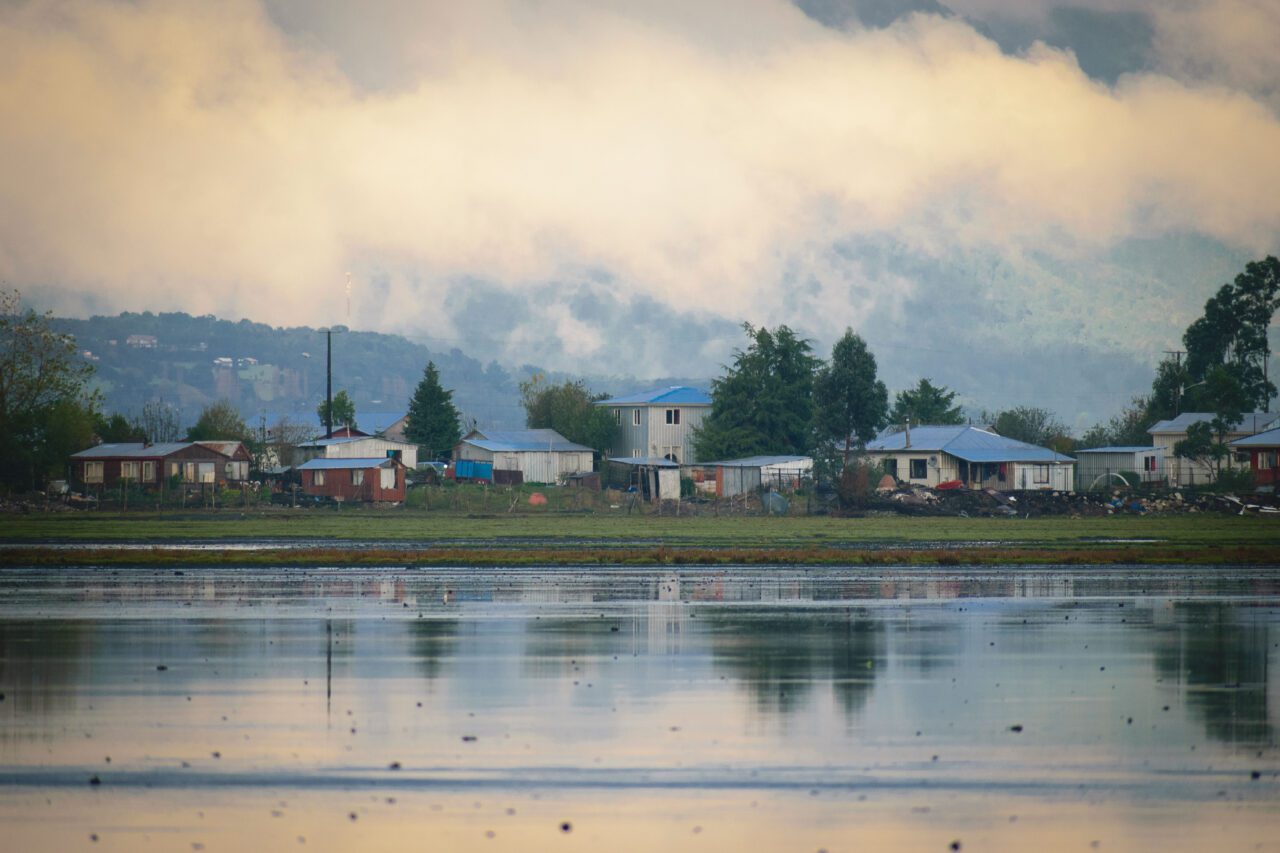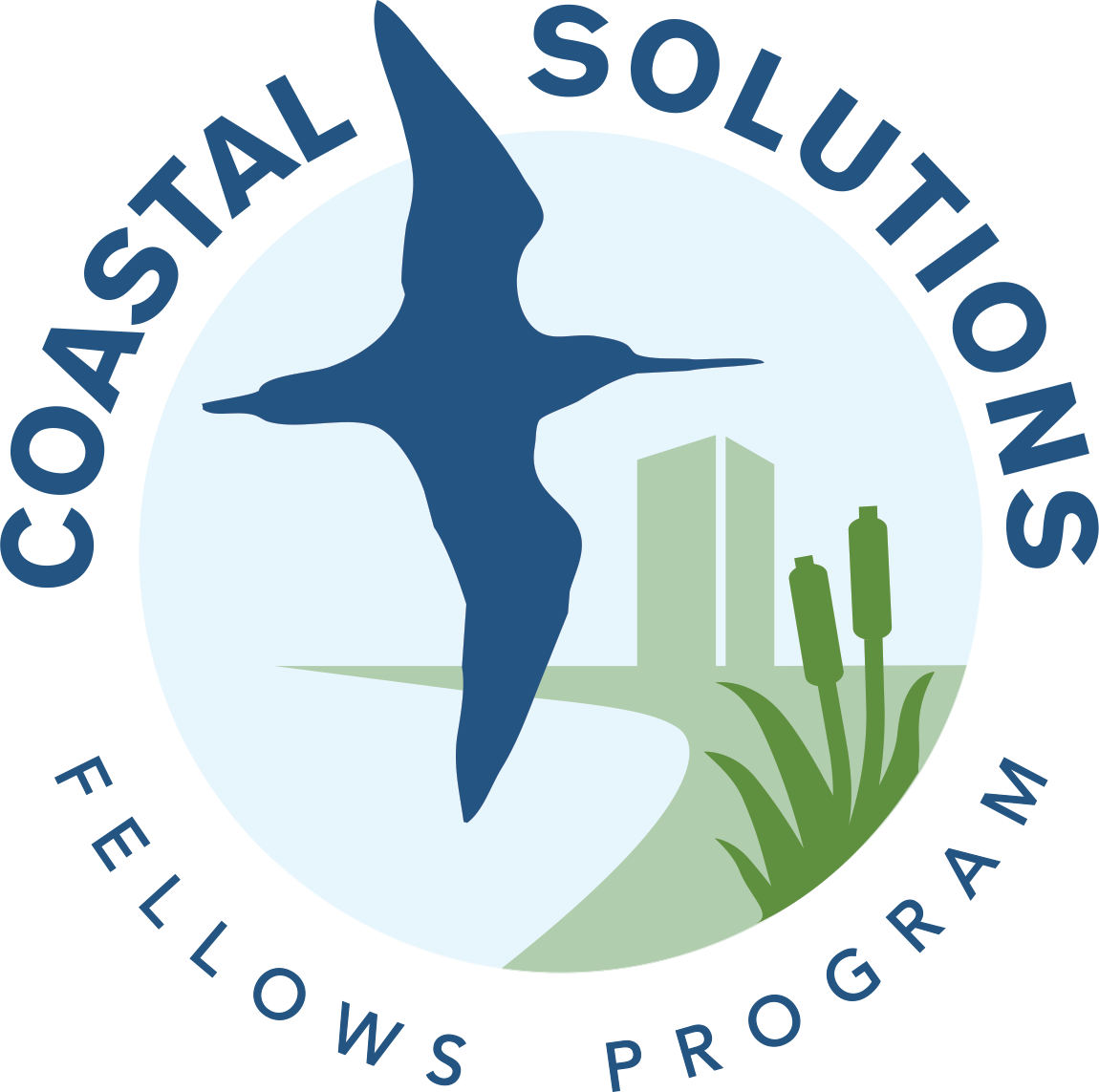Informing Policy through Conservation

Flavio Sciaraffia 2020 Coastal Solutions Fellow
Flavio, a landscape architect from Chile, helped conserve three coastal urban wetlands in Arauco, a key site for shorebirds of the Pacific Americas Conservation Strategy, while developing a proposal for the regulations of Chile’s Urban Wetlands Protection Law.
Wetlands are highly dynamic, fluid ecosystems that depend on water and how it moves from one point to the next. You can’t approach wetlands conservation without considering the watershed. Cut off the energy flows across the landscape and the wetland will likely die.
Flavio Sciaraffia
Throughout his career, Flavio Sciaraffia has built the road he travels.
As a graduate student in Chile, Flavio could not find a program that combined his training as an architect with his passions for land-use planning and conservation. He went to Harvard University to get what he was looking for—a Master’s in landscape architecture.
Then as director of GeoAdaptive, Chile, Flavio recognized that his profession had moved away from its roots. “I realized landscape architects were, before the 1970s, dealing with issues of water, soil, sustainability, before veering toward specific design and qualities of space. I, for one, understand that science is adjacent to design and needs to inform our field.”
Still seeking the optimal niche, Flavio discovered Coastal Solutions Fellows.
“What I immediately liked about the fellowship is that the Cornell Lab of Ornithology was taking a leap forward,” Flavio says. “They understood that to do effective conservation, you need to work with designers and planners, incorporate other disciplines, and collaborate with communities.”
Under new regulations informed by this project, 100 protected urban wetlands across Chile are now subject to several conservation measures that meet minimum sustainability criteria.

Timing is everything
Before Flavio applied to the program, he intentionally expanded his expertise in wetlands conservation. Working for the Chilean Ministry of Environment, he evaluated the conservation value of all the country’s wetlands. This experience set the stage for his 2020 acceptance into the Coastal Solutions Fellows Program with a project initially focused on voluntary management agreements for the wetlands of Valdivia, including Laraquete Beach, a priority site for Pacific Flyway shorebirds.
However, that same year, the Chilean Congress brought greater attention to the wetlands in and around all the country’s cities with the passage of the Urban Protection Wetlands Law. With this legislation as a starting point, the Ministry turned to Flavio and the project’s collaborators to help draft the regulations needed to enforce the law. His mentor, Ignacio Rodriguez-Jorquera, saw a unique opportunity.
“I advised Flavio to change the scope of his project—from local to national, from voluntary agreements to policy,” recalls Rodriguez-Jorquera, founding executive director of the Río Cruces Wetlands Center and a faculty member at Universidad Austral de Chile. “Every productive fellowship should take advantage of the unexpected.”
Flavio restructured the project to incorporate policy in conjunction with conservation to advance real changes that also supported wetlands and shorebird conservation.
“Working with the Cornell Lab is great because often you have policy and planning people who lack scientific knowledge,” he says. “I feel very comfortable—even though I’m not a watershed scientist or bird ecologist or hydrologist—coordinating these areas of expertise and bringing everything together.”



Scaling up conservation measures across Chile
Flavio’s project drove change at the local level by designating three coastal urban wetlands of the highest biodiversity value in Arauco, southern Chile. And thanks to the conservation recommendations he, his colleagues, and collaborators made to the Ministry, these wetlands—and dozens more across Chile spanning 27,000 acres, a quarter of them essential for shorebirds—now have an effective management framework, spanning policy, science, enforcement, and public engagement.
This far-reaching impact is just the beginning.
“Now we’re collaborating with the Ministry of Public Works on implementation,” says Flavio. “They need to figure out how to work within the law to build the roads and bridges across wetlands and how to do environmental impact assessments.”
“This new work is much larger, with more funding and a wider range of professionals for implementation—and our team will help set up the criteria for project design and standards for measuring success. This is about Chile’s future, its natural resources, and the shorebirds and other species who rely on these fragile ecosystems.”

The Coastal Solutions Fellows Program builds and supports an international community to design and implement solutions that address coastal challenges across the Pacific Americas Flyway. Our main goal is to conserve coastal habitats and shorebird populations by building the knowledge, resources, and skills of Latin American professionals, and by fostering collaborations among multiple disciplines and sectors.
